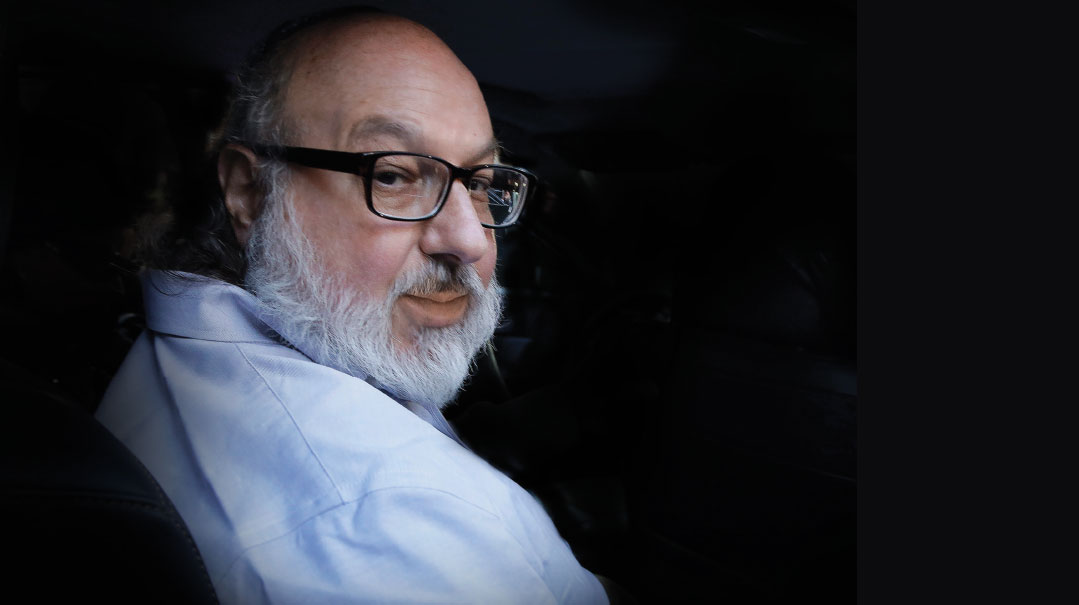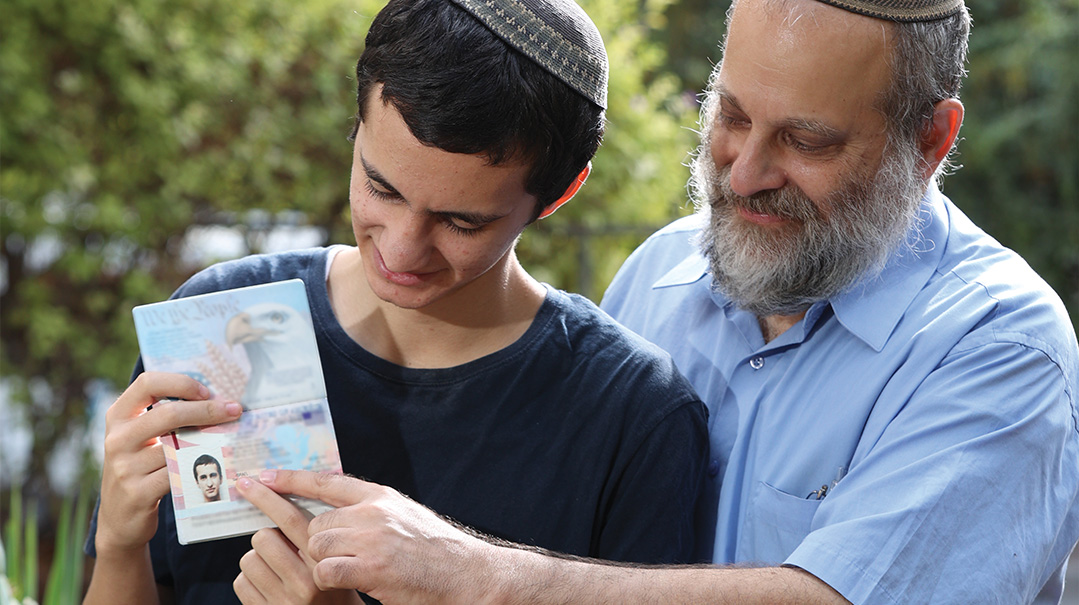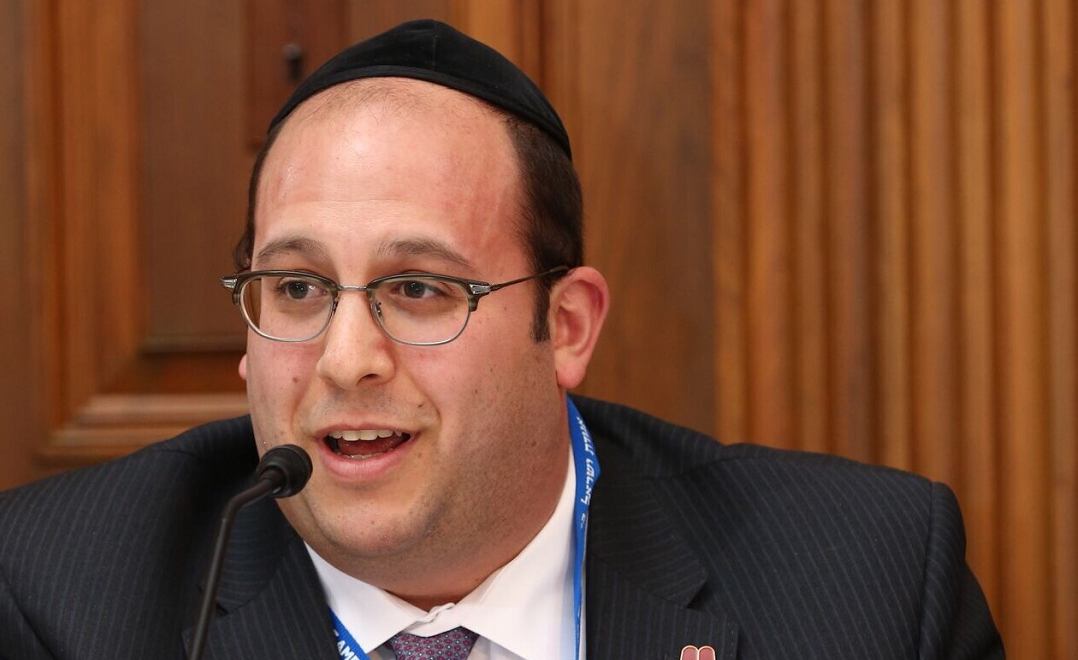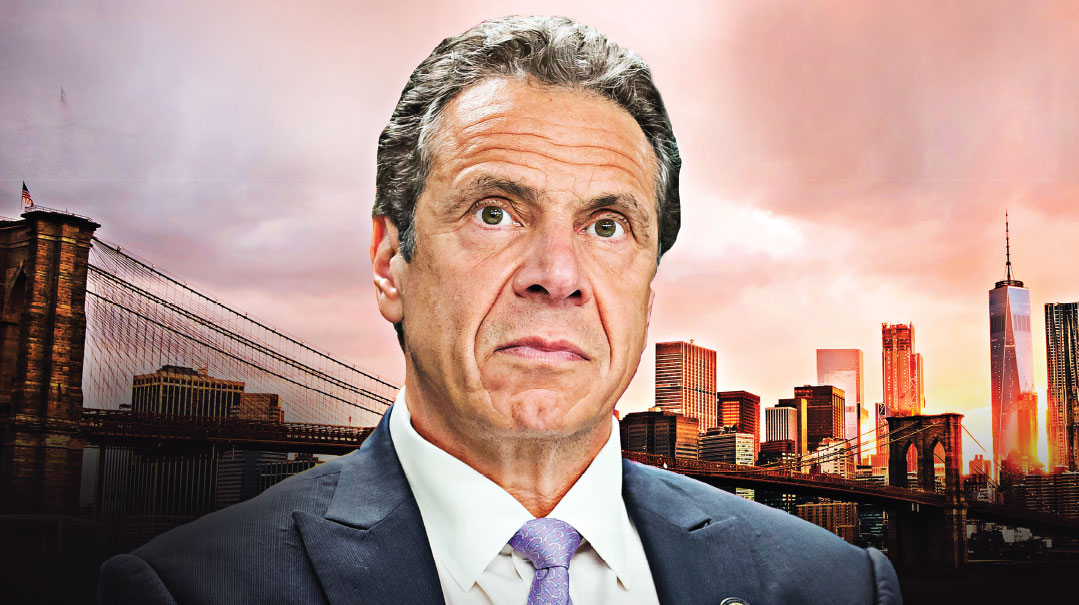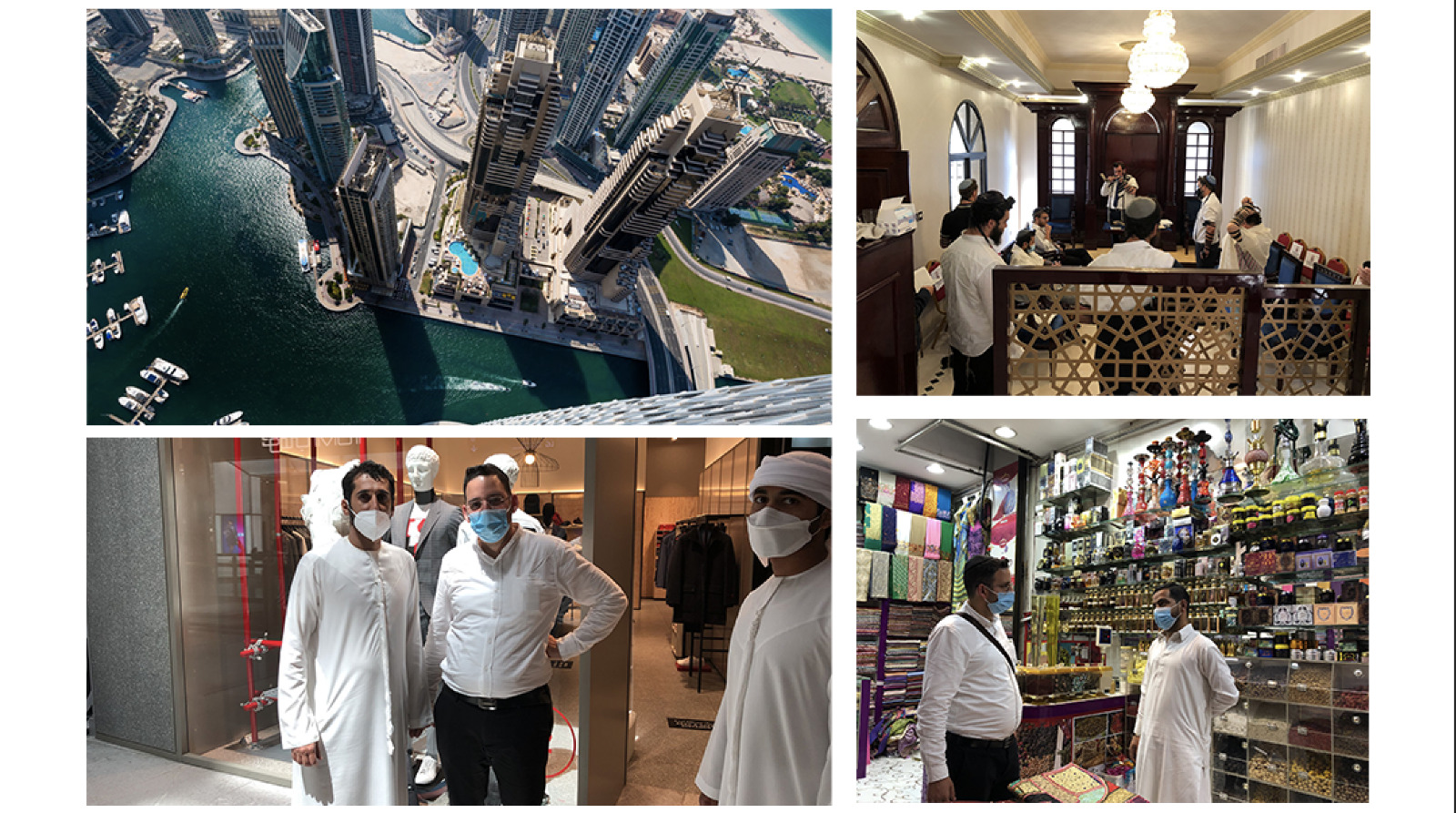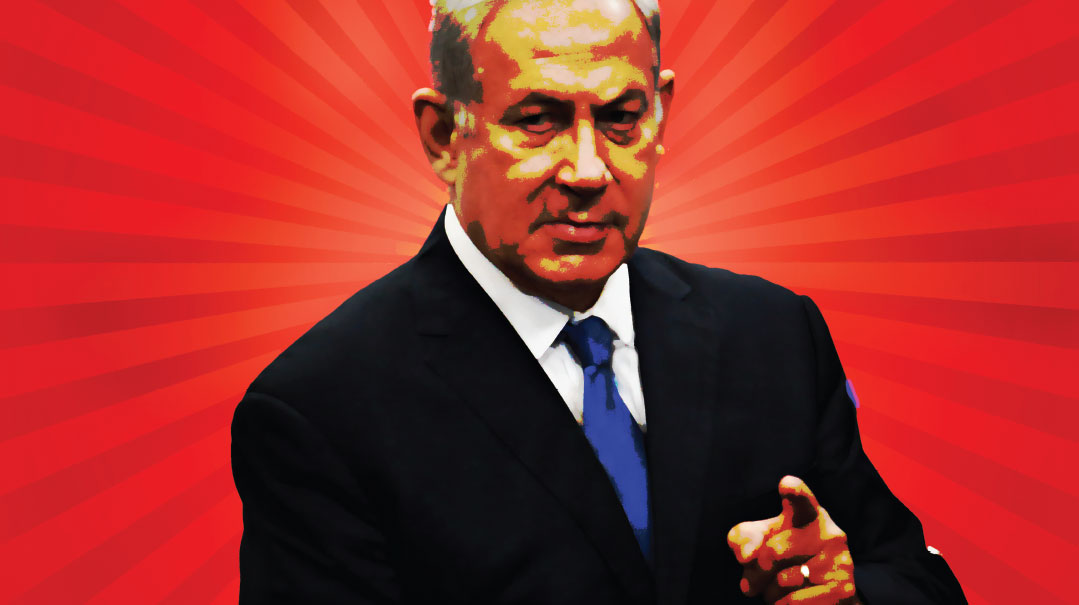This Is Not America
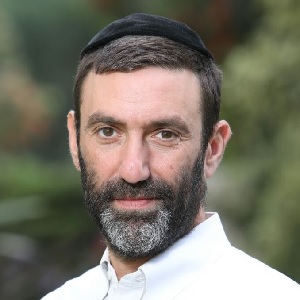
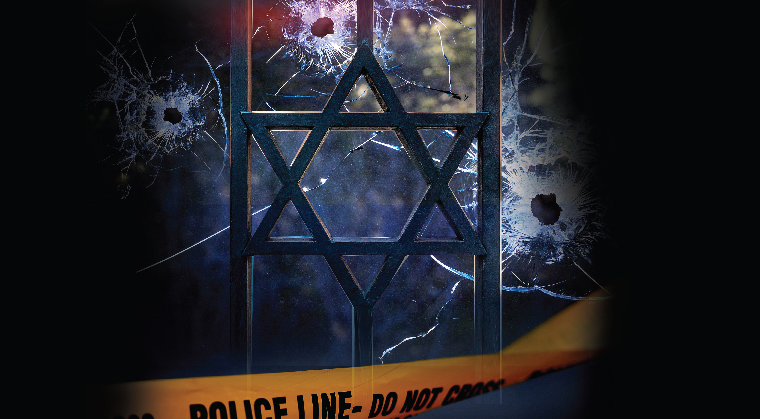
The deadliest attack on Jews in American history.
That’s how the Anti-Defamation League described the shooting that left 11 dead at a Conservative synagogue in the historically Jewish neighborhood of Squirrel Hill in Pittsburgh.
The gunman, Robert Bowers, told police that he targeted Jews because they were committing “genocide” on his people, presumably whites. He had a particular fascination with HIAS (Hebrew Immigrant Aid Society), an organization that helps settle immigrants. Shortly before the attack, he posted on social media that HIAS “likes to bring invaders in that kill our people. I can’t stand by and watch my people get slaughtered. [Forget] your optics, I’m going in.”
Shock over the killings spread quickly. On Motzaei Shabbos, the media was filled with accusations and counter-accusations. From the left, the charge that President Trump’s rhetoric had made the killing possible became dogma. One writer went so far as to say that those Jews who support President Trump should be shunned.
“Their money should be refused, their presence in synagogues not welcome. They have placed their community in danger,” wrote Franklin Foer at the Atlantic. In response, right-wing commentators enumerated the many times that left-wing groups had demonized Israel or the Jewish people and the media had remained silent.
Closer to home, Jewish community leaders tried to make sense of a killing that was both grisly and sudden. The list of victims released by the Pittsburgh police department included eight men and three women between the ages of 54 and 97, including a pair of brothers and a husband and wife. As of this writing, there are six recovering from their injuries.
Rabbi Abba Cohen, vice president for federal affairs and Washington director and counsel at Agudath Israel of America, has been a frequent visitor to Squirrel Hill, where his wife grew up. He said there is “incredible pain and grief in the neighborhood,” which has been the home of the Jewish community in Pittsburgh since the 1920s. Unlike in other cities, the Jews of Pittsburgh have largely stayed in the city, and a plurality of them live in Squirrel Hill, a charming neighborhood of old homes, cobblestone streets, and boutique shops. The neighborhood is known for its unity — even among the different Jewish streams — and the tragedy there has brought out a great outpouring of sympathy and support.
“What a lot of people are realizing is that this is something that could’ve happened in any neighborhood,” Rabbi Cohen said. “It is a testament to the United States and the good faith of all Americans that this is not something that is acceptable within our American value system. We have to be concerned about people on the fringes. At the same time, this does not represent the US or its people.”
Rabbi Cohen says he finds expressions of anti-Semitism on both the left and right wings of the American political spectrum, each using hatred of Jews for their own purposes. He observes that the political debate between the two sides has become “tension-filled” as each side sees its basic values under threat.
“When you see [the political debate] in those terms, it becomes very stark,” he said. “It’s a feeling that there’s so much at stake, and therefore less room for compromise. Each side feels threatened and views the other side with a lot of suspicion.”
Still, he’s optimistic about the basic goodness of the American people and believes the Jewish community will rebuild after this great loss.
(Excerpted from Mishpacha, Issue 733)
Oops! We could not locate your form.







